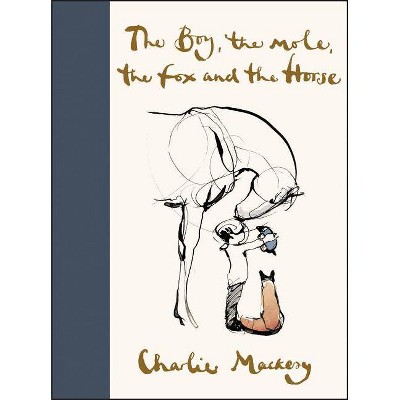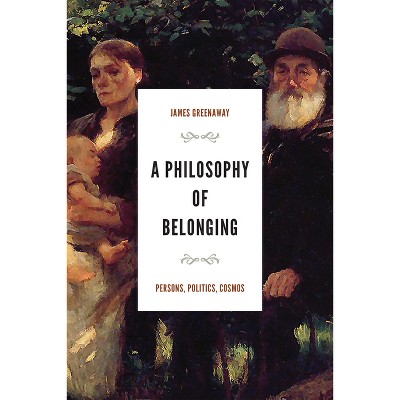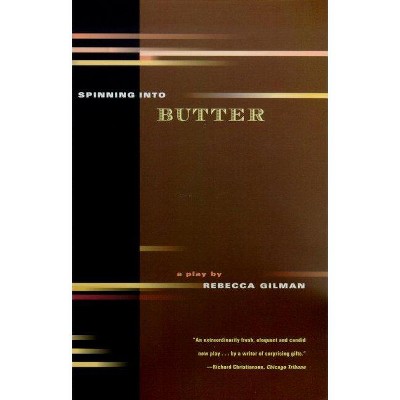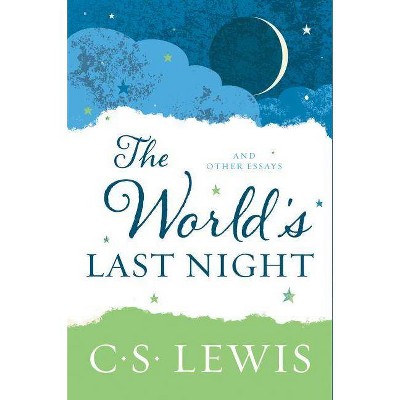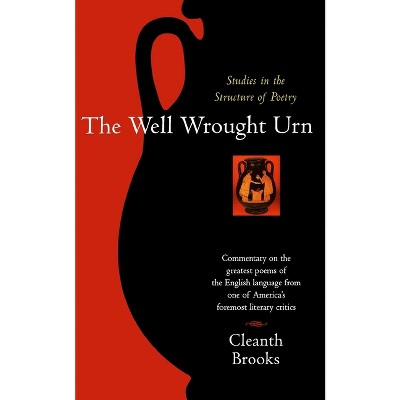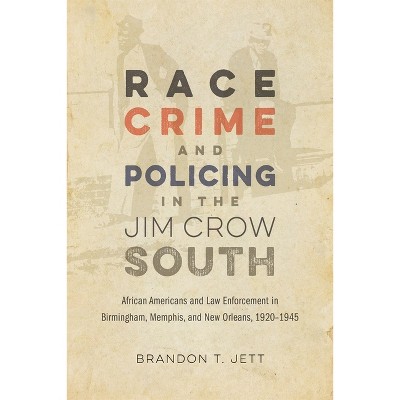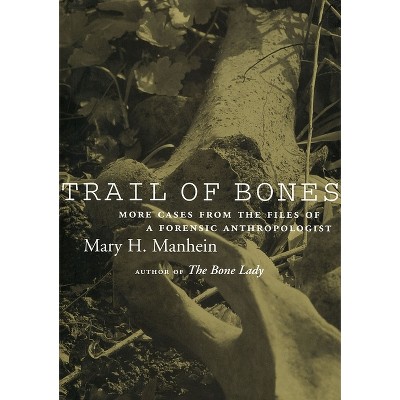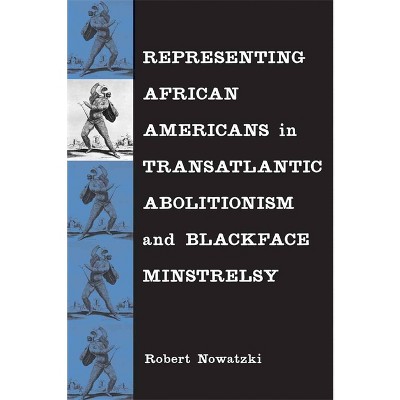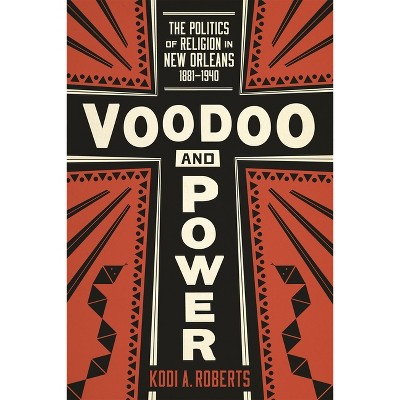Sponsored

William Faulkner - by Cleanth Brooks (Paperback)
In Stock
Sponsored
About this item
Highlights
- Hailed by critics and scholars as the most valuable study of Faulkner's fiction, Cleanth Brooks's William Faulkner: The Yoknapatawpha Country explores the Mississippi writer's fictional county and the commanding role it played in so much of his work.
- About the Author: Cleanth Brooks(1906--1994) was born in Kentucky, and educated at Vanderbilt, Tulane, and Oxford where he was a Rhodes scholar.
- 500 Pages
- Literary Criticism, American
Description
Book Synopsis
Hailed by critics and scholars as the most valuable study of Faulkner's fiction, Cleanth Brooks's William Faulkner: The Yoknapatawpha Country explores the Mississippi writer's fictional county and the commanding role it played in so much of his work. Brooks shows that Faulkner's strong attachment to his region, with its rich particularity and deep sense of community, gave him a special vantage point from which to view the modern world.Books's consideration of such novels as Light in August, The Unvanquished, As I Lay Dying, and Intruder in the Dust shows the ways in which Faulkner used Yoknapatawpha County to examine the characteristic themes of the twentieth century. Contending that a complete understanding of Faulkner's writing cannot be had without a thorough grasp of fictional detail, Brooks gives careful attention to "what happens: In the Yoknapatawpha novels. He also includes useful genealogies of Faulkner's fictional clans and a character index.
From the Back Cover
Recognizing that the creative and imaginative center of Faulkner's art is Yoknapatawpha County, Brooks examines the merits of each of the works set beyond these boundaries and explores how these writings complement Faulkner as an artist. He sheds light on the literary sources that influenced Faulkner's early work and the technical innovations and general themes Faulkner was to develop in the later writing.About the Author
Cleanth Brooks(1906--1994) was born in Kentucky, and educated at Vanderbilt, Tulane, and Oxford where he was a Rhodes scholar. He began his teaching career at Louisiana State University in 1932. To many minds, Brooks is the archetypal New Critic, the man whose catch phrases, critical studies, and college textbooks epitomized New Critical ideas, practice, and pedagogy.
